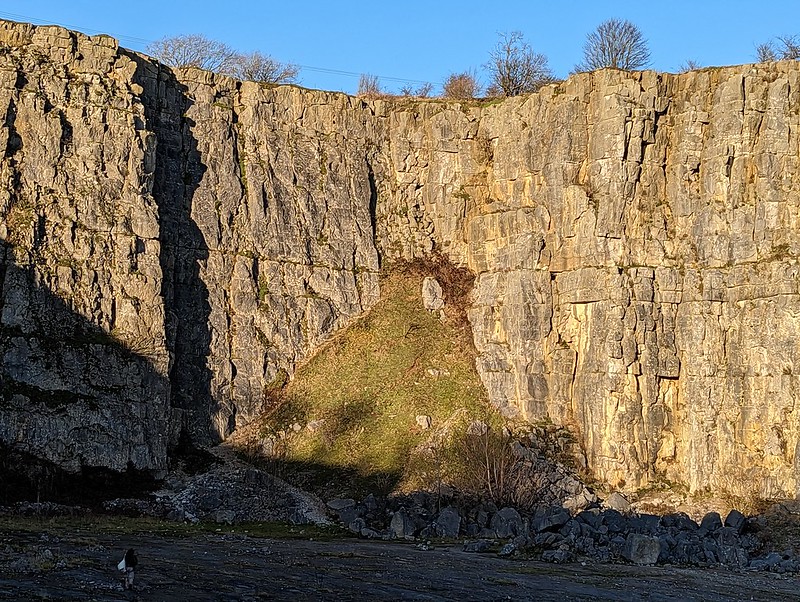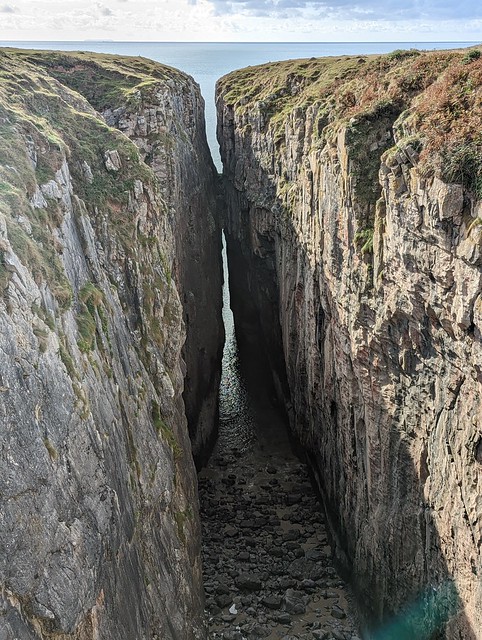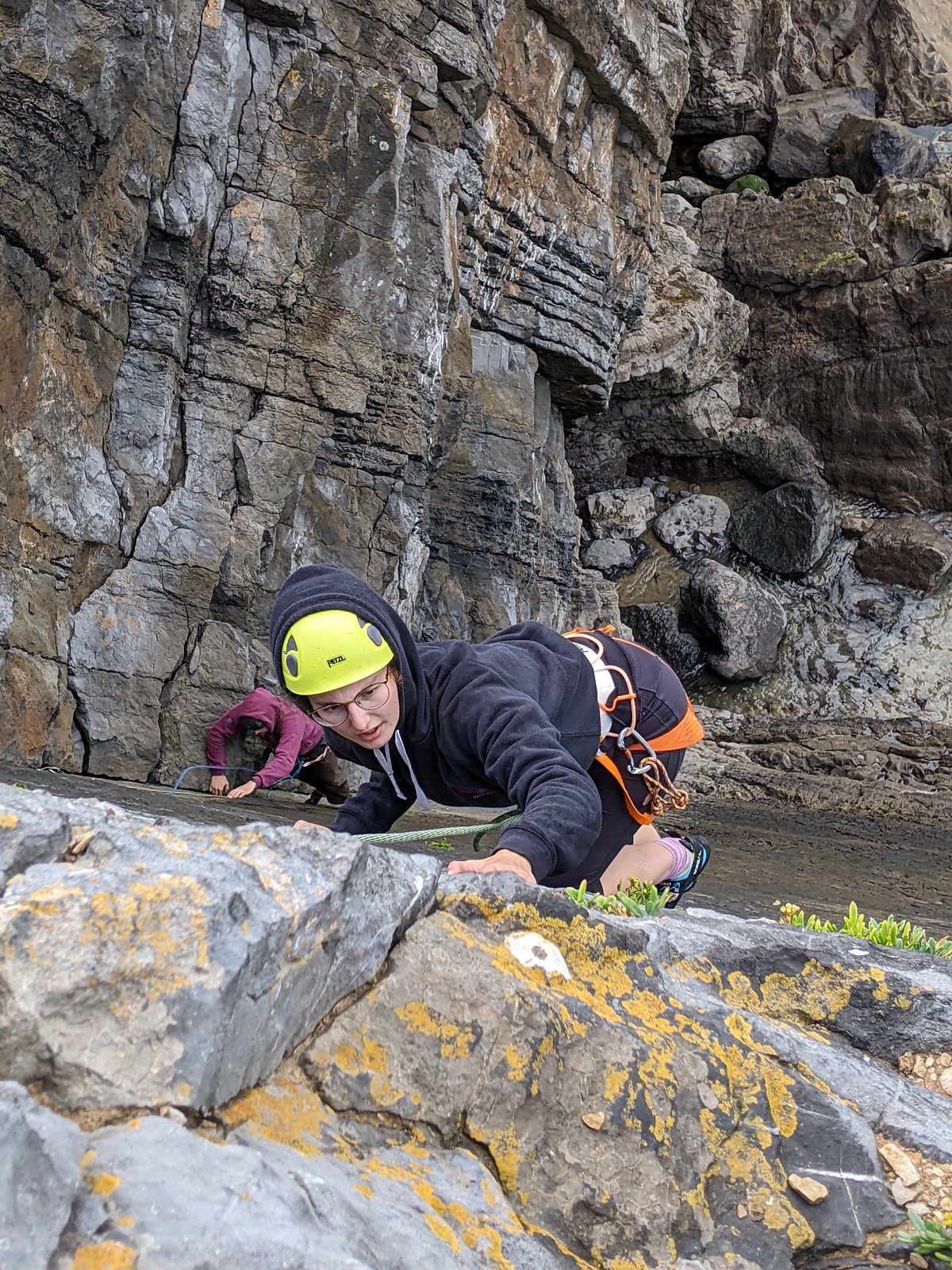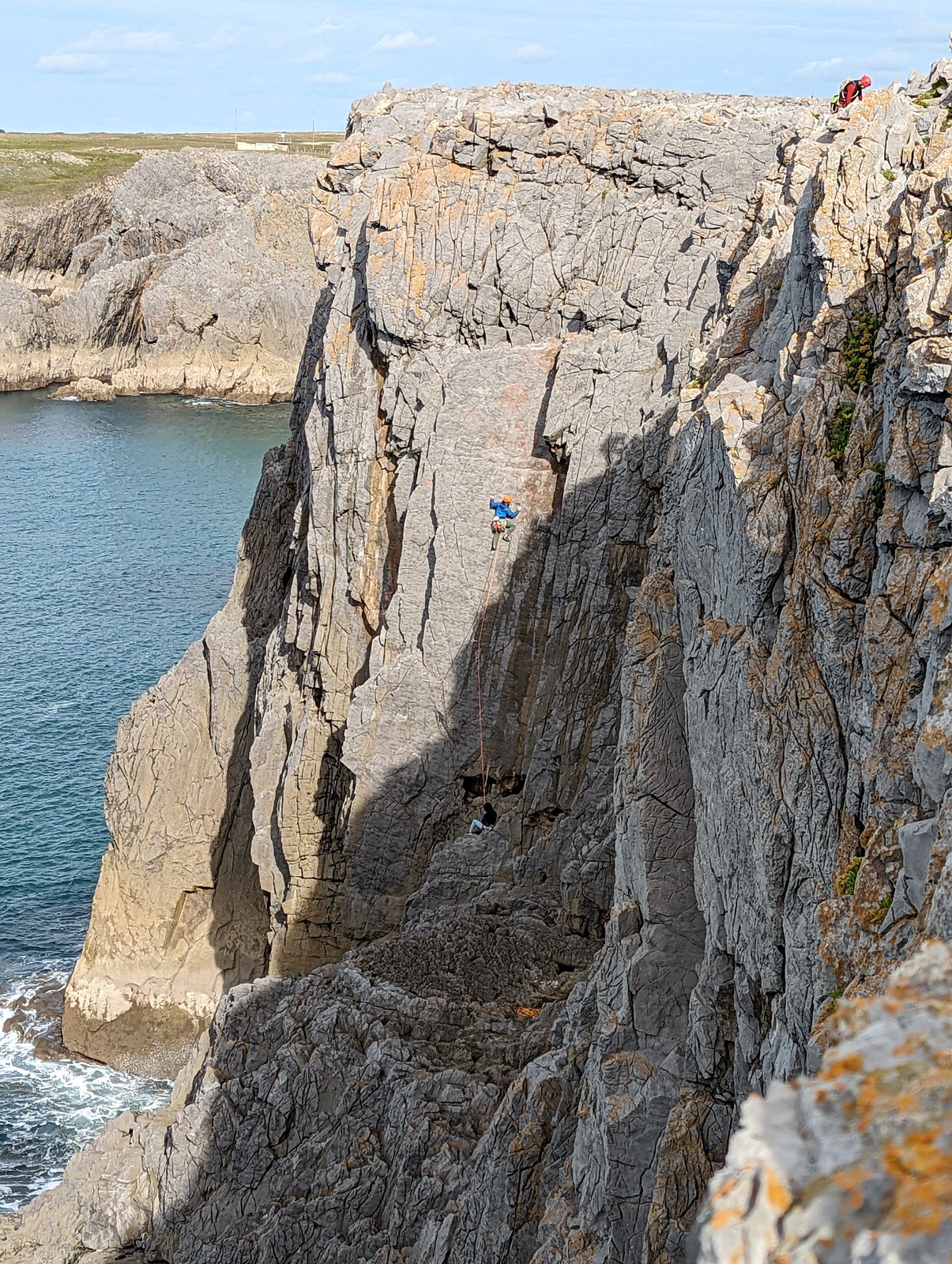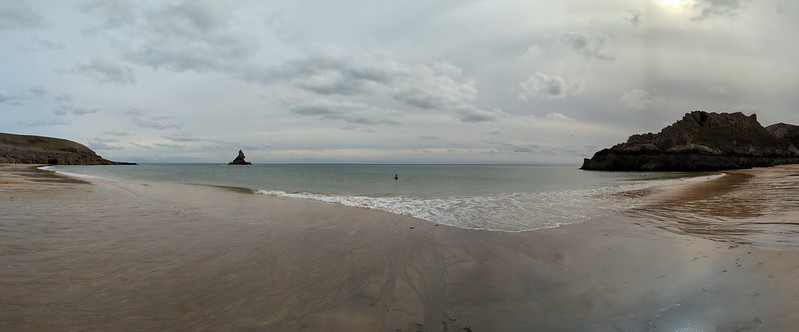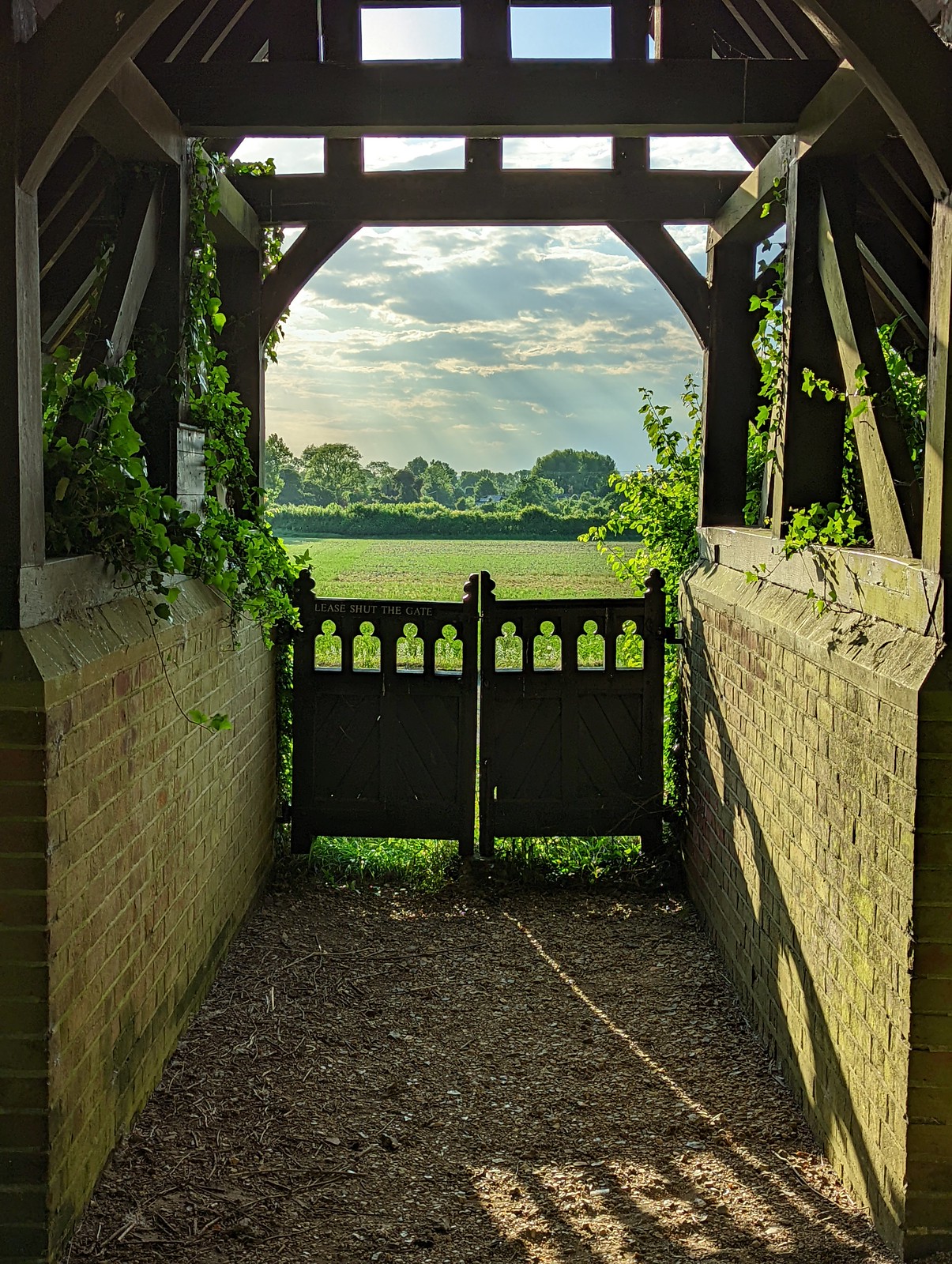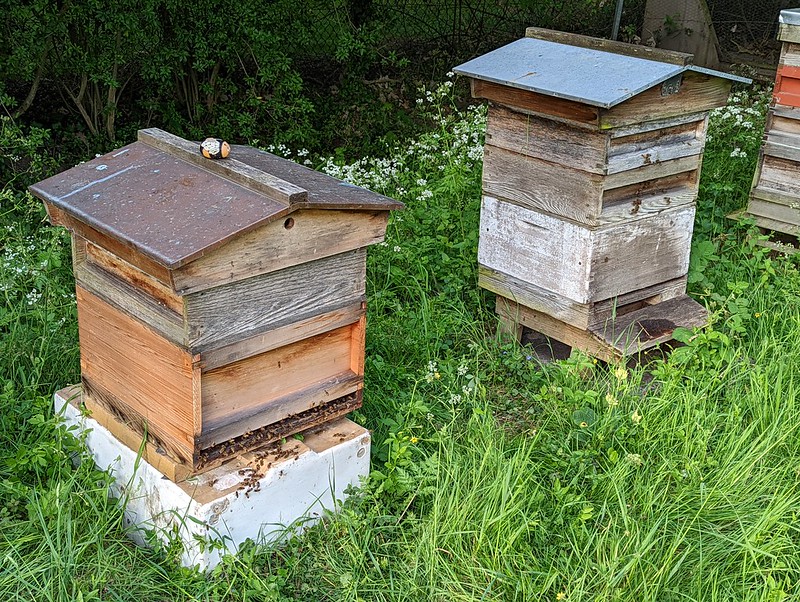 By Bernardo Kastrup. TL;DR: woo.
By Bernardo Kastrup. TL;DR: woo.Summary: the world is Mind, which resolves the "hard problem of conciousness" by making conciousness fundamental. But, mysteriously, none of the science we know needs to change in the slightest.
BK comes from a long line of people who don't like materialism. By Materialism he really means the philosophical view that the world physically is material, not in any sense spiritual; but he segues briefly (p 8) into "people to spend their hard-earned income on unnecessary goods and premature upgrades" in order to let us know that he's mixing up the lifestyle stuff too (and also that he hasn't read any modern economics, since "unnecessary goods" is really only snobbishness; people want what they want; unless you're claiming to have Ultimate Moral Authority you're not in a position to judge them).
Let's begin by defining Materialism; I'll give my defn, because I'm more interested in me than in him; but we don't disagree over this in any fundamental way. I hold the ordinary, common-or-garden, scientific naive realistic-materialistic worldview (OCOGSNRMW)2: the world exists, is entirely physical, we experience it mediated by interactions via our senses, and can thereby obtain reliable knowledge of it. One needs to be slightly cautious in phrasing this, because being even more naive and saying "we see the world as it really is", is somewhat facile; but our information is reliable: if there's a wall in front of you it will still be there if you shut your eyes; if you punch it you will get hurt; and the rest mass of an electron (or the numerical result of a certain sequences of operations performed with a specified set of equipement) is fixed and common to all electrons, and independent of who does the operations, as long as they're not incompetent.
In his intro (p 9) BK is terribly sad about the Intellectual Elite (in which scientists are, it seems, over-prominent) in teaching the world that Materialism is the correct worldview. This is nonsense: firstly, scientists do not alas have that place; and second the world's worldview has been materialist since forever1. Fortunately, it is irrelevant to his main thesis. Which is:
Materialism is Baloney?
Why would you believe such an odd thing? First: because of the "hard problem of consciousness". This being philosophy, some people - as you'll see from the wiki article - chose to "solve" the problem by arguing that it doesn't really exist. I see no need to do that, and am perfectly happy to accept that the problem exists; complex systems genuinely are hard to understand. In my OCOGSNRMW what-we-call-mind-or-consciousness simply arises as an emergent property of a sufficiently complex arrangement of suitable cells3. To conquer the "but it is a hard problem, the clue is in the name" he objects that we've been studying it for decades without finding a solution; that seems to me to be childishly impatient. We haven't unified QM and GR, over similar timescales, either.
Second, because the current best-guess view of how we perceive the world is through a "hallucination" we construct. He allows the perjoritive "hallucination" to sway him, when a better expression is "ourselves" do not perceive the external world directly, instead we effectively sip from the top of a continually-updated model of the world, as I put it reviewing Anil Seth. He objects very strongly to this unexceptionable little idea (it "denies the reality of immeadiate experience"), I think because he is somewhat confused by it (he says "the stars you see are all inside your head"; this isn't true, neither are they a "copy" of the stars; they are merely the representation you perceive).
As far as I can tell that really and genuinely is his full set of objections. It seems dreadfully thin to me.
Update 2025/10/7: aside: dualism: if you believe that "the mind" is in some sense a distinct (and presumably non-material) substance, you have a problem, because you're wrong. But a further problem is that you need to explain how this "substance" and the material world interact; and no-one has provided anything plausible. Since I think "the mind" is an ermergent property of the physical brain, I don't have this problem, any more than I have a problem of explaining how a "computer program" can cause electrons to move. Bryan "normally sensible" Caplan has Solving the Mind-Body Problem: Dualism vs. Searle, Part 1 (and Part 2) in which - as far as I am able to tell - he rejects my view, which I think is identical to what he attributes to Searle, in favour of <something else>, but I'm not quite sure what his something else is.
I have a theory
To replace the obviously absurd idea of materialism, he has a theory: everything is Mind. This brilliantly inverts the perceived wisdom, and instantly explains consciousness. Except of course it doesn't: it defines consciousness into existence, makes it fundamental, without in any way enlightening us as to what properties it might have4. Why then do we perceive separated, discrete, minds? Because our individual minds are metaphorically whirlpools in the Mind-field, each a sort of excitation of the Mind-field, very much (although he doesn't say this) like quantum particles might be excitations of fields5. Somewhat later these "whirlpools" become "excitations of membranes" (he has discovered String Theory, you see) but they are only metaphors - except that last might not be, I'm not sure - so fine.
So his theory makes Mind fundamental; for reasons that he attempts to hand-wave around but not in my view very successfully, the things that we identify as minds are invariably associated with clumps of complicated cells. There are other problems too: most obviously, Mind is mercurial and ever-changing, so why isn't reality? Some aspects of it do change of course: seas rage, cliffs tumble; but some don't: electron mass remains stubbornly constant. His answer to this is that the-reality-we-perceive (which is all Mind, remember) is generated by all Mind - err, by itself, I suppose - not just by your mind; you can't change the world just by thinking, because of the "inertia" (my analogy, not his) of all the rest. But I find that unsatisfactory: why on that theory is the electron mass the same in Australia as in Europe? And does everyone's Mind count when determining electron mass? Does the Mind-mass of the Earth count? Presumably. It also isn't clear why QM or GR exist: no-one wanted them in advance, they turned up despite everyone's best efforts to find alternatives, only because we were forced to by observations.
The two worldviews, impartially consider'd
BK's Mind-centric view doesn't give you any special reason to think that our current physical laws would arise. You could argue that neither does OCOGSNRMW: after all, explaining not just what particles fundamentally exist but also why those, and not others, is an aspect of fundamentals of physics. But if you start with, errm, say The Standard Model and General Relativity, you can kinda make a plausible model of the universe and lots of observations. If you start with his theory of Mind, you can explain minds existing... and that's it. Why are the laws of physics constant? No idea at all... Also, there's no explanation for why his theory somehow makes identical predictions of all physical phenomena to the OCOGSNRMW (see knowing in advance what observations you need to excuse; via Paul).
But wait, there's woo
His worldview allows him to wave his hands and maybe believe in ghosts, telepathy, and - the biggie - some kind of survival after death. But all this stuff is for children afraid of the real world. Notice that this kind of stuff is the only way his worldview differs in practice from OCOGSNRMW: not in any physically measureable way, but only in hard-to-define states of mind.
At some point - and I cannot now find the strength to find it - he relies on an interpretation of Bell's Theorem. I don't understand BT, but neither does he6. I do know however that for deducing exciting things about quantum woo, BT is a reliable crank magnet.
Who would believe this nonsense anyway?
Having got to here, the puzzle is why anyone would believe this kind of nonsense. But Idealism has a long history. Mostly, I think it is the religious folk who are to blame. If you are a Naive Religious, then you believe in the material world, and God(s), and Souls, and all that is fine because you don't inquire closely into the details. But if you do so inquire, most obviously into the interaction of Souls and Bodies, then you have a problem. And if what is all important to you is your religion, and the problems of mind, then it isn't too big a step into all-out nutjob stuff like "all the world is mind".
Notes
1. You might well object that the world used to have a mixed materialist-spiritual worldview: people believed in Gods and Dryads and divine intervention. But even granting that, the worldview was materialist in his terms: people still believed that the world was physical. He doesn't.
2. Don't tell me that some scientists believe in gods. I already know that.
3. Since he doesn't raise it, I don't need to either, but: I have no particular objection to extending "of cells" to include "or transistors". Slight update: wiki's "Physicalism" article links to "Supervenience" and, despite the excessive torrent of words there doing its best to obscure actual meaning, there is a useful concept: the mind supervenes on the brain. Which is to say that (although the mind is not identical to the brain,) any change in your mind requires some change in the underlying physical substrate of your brain (and vice versa it is at least possible to conceive that there may be changes to the brain that don't affect the mind).
4. After a bit he notices that he needs Free Will too, so he defines that into existence too, as some kind of "energy" or motivator of the Mind-field.
5. If I understood quantum field theory (it is on my list...) I might make more of this.
6. If you look closely you can tell from his references how shallow is his reading.
Refs
* Family film night: the Matrix
* ACX: Janus' Simulators (section IV): I propose a friendly amendment: they’re noticing that most of what they are - the vast majority of their brain - is a giant predictive model of the universe. This model is big enough that they have lived inside it their entire life, with only slight edits from lossy sensory information that help fit it to the real universe. I’ve written about this before in the context of lucid dreaming - a dreamer safe in bed can apparently wander their neighborhood, seeing each tree and car and dog in detail approximately equivalent to waking experience. No astral projection is involved - they’re wandering around their internal world-model, which contains 99% of the relevant information, with real sensory information filling in the missing 1%. Once you stop obsessing over the character you’re playing, you notice the GIANT SUPER-ACCURATE WORLD MODEL TAKING UP 99.99% OF YOUR BRAIN and you think “Huh, I guess I’m the Universe. Weird.”




